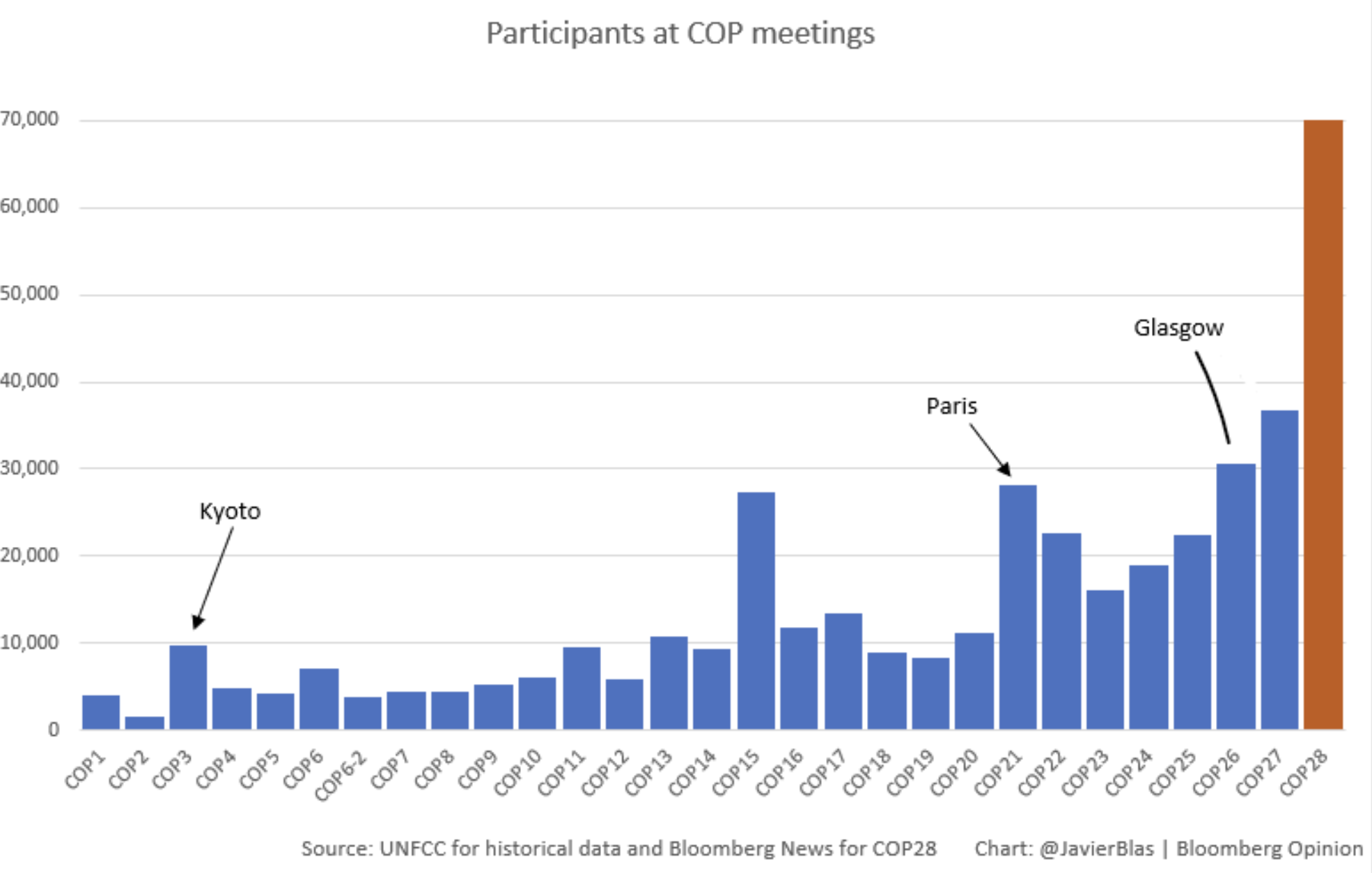WASHINGTON DC (01/18/2024) – In advance of today’s Senate Environment & Public Works Committee markup of S. 1863, the PROVE IT Act of 2023, a coalition of more than 40 organizations sent a letter urging Congress to reject the legislation. The PROVE IT Act directs the U.S. Department of Energy to set up the necessary infrastructure to tax imported goods based on their carbon dioxide content, which would then be used to establish a tax on energy intensive imports and then later a domestic tax on carbon dioxide.
AEA President Thomas Pyle issued the following statement:
“The PROVE IT Act is a backdoor attempt to impose carbon dioxide taxes on the American public without so much as an up or down vote. If Senator Kevin Cramer, the bill’s sponsor, believes we should increase the price of energy – along with everything that is grown, made or transported with energy – then he should be honest with his constituents instead of hiding behind rhetoric about getting tough on China.
The American people know that any tax on imported goods will be paid for by families and businesses, not Chinese companies. If Senator Cramer really opposes carbon taxes, then he should prove it by withdrawing his legislation.”
A copy of the letter can be found here.
Additional Resources:
- PROVE IT Act Policy Brief
- “PROVE IT Act” Lays the Groundwork for a Carbon Tariff
- Senator Cassidy’s New Climate Tax
For media inquiries please contact:
[email protected]


